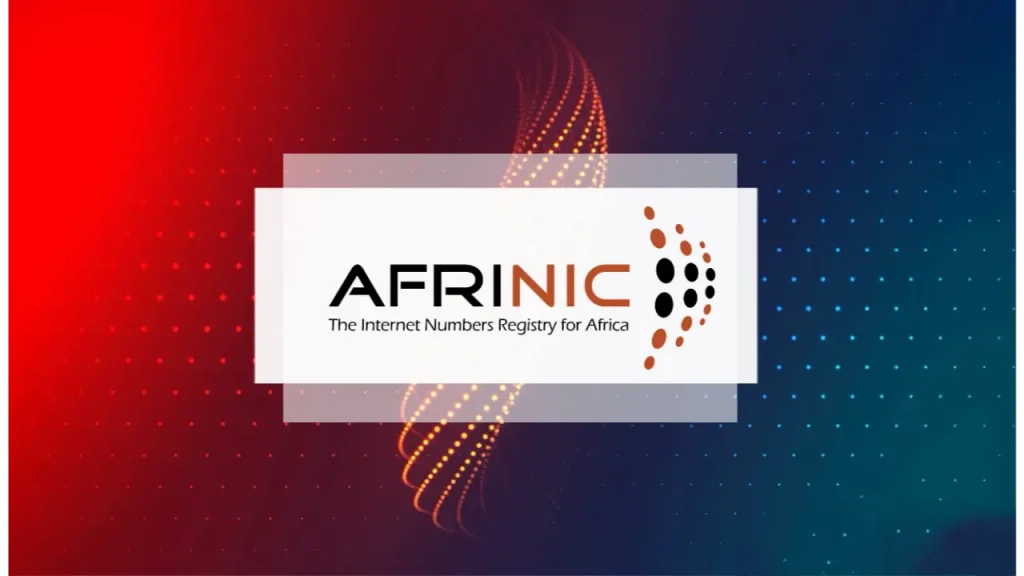- AFRINIC’s annulled board election has sparked a wider debate on democracy and transparency in African internet governance.
- ICANN’s new compliance framework raises fears of external control over Africa’s regional internet registry.
A democracy undermined in the name of IP management
The AFRINIC governance crisis goes beyond technical management of IP addresses—it is now a battleground for democratic principles. AFRINIC, tasked with stewarding Africa’s scarce internet number resources, has descended into chaos. Its June 2025 board election was abruptly annulled over a single disputed proxy vote, discarding hundreds of legitimate ballots and deeply eroding member trust. This disproportionate response—even though proxy votes are vital for small and distant ISPs—exposed fragility in AFRINIC’s commitment to inclusive representation.
Also read: AFRINIC launches voter onboarding ahead of board election
Also read: ICANN or ICan’t? CEO Lindqvist chooses dictatorship over democracy in AFRINIC
Transparency or tyranny: Governance withheld
The election crisis underscores a larger problem: AFRINIC’s failure to uphold open governance. Proxy votes were not problematic in design but in their cancellation without broader safeguards. The abrupt halt not only disenfranchised many but signaled that electoral mechanisms could be arbitrarily overridden. Trust in institutional integrity is slipping, as small operators feel silenced in a system meant to serve them. The issue isn’t just IP allocation—it’s a broader loss of governance legitimacy.
Regional autonomy and external oversight
Cloud Innovation—AFRINIC’s third-largest member—has called for invoking the ICP-2 process so that an existing RIR (e.g., RIPE, ARIN, APNIC) can assume AFRINIC’s duties, not creation of a new registry. Yet ICANN CEO Kurt Lindqvist introduced a new compliance document granting ICANN the power to derecognize RIRs. This extends far beyond facilitation and veers toward centralized control, putting regional autonomy at risk and raising concerns about external influence over Africa’s internet governance.
Also Read: Why the 2025 AFRINIC election could redefine internet management in Africa
Also Read: Why AFRINIC’s fallout has global implications for internet governance
A litmus test for digital freedom
This conflict isn’t merely about assigning IPv4 or allocating ASNs—it reflects whether African networks remain under African control or if authority shifts to external bodies. If AFRINIC fails to reform, continues under opaque receivership, and remains subject to external manoeuvres, its members—and by extension, African internet users—will lose a measure of sovereignty. What should be a technical operational body has instead become indicative of broader threats to digital freedom and regional self-determination.

